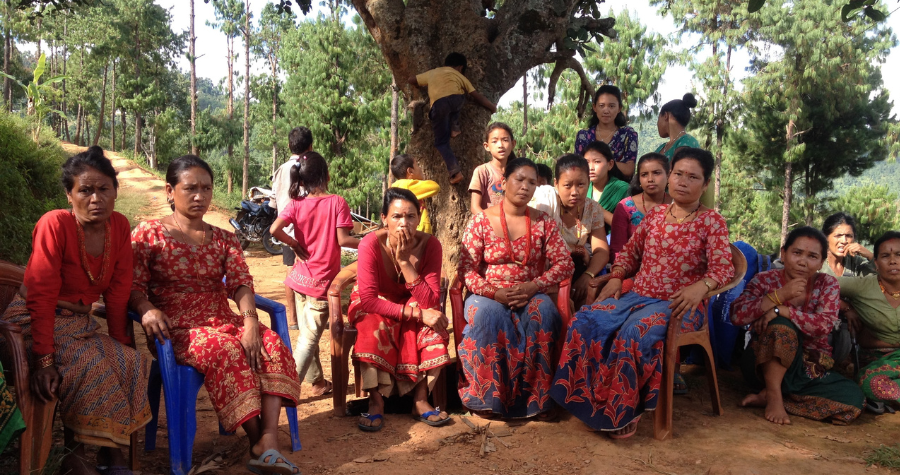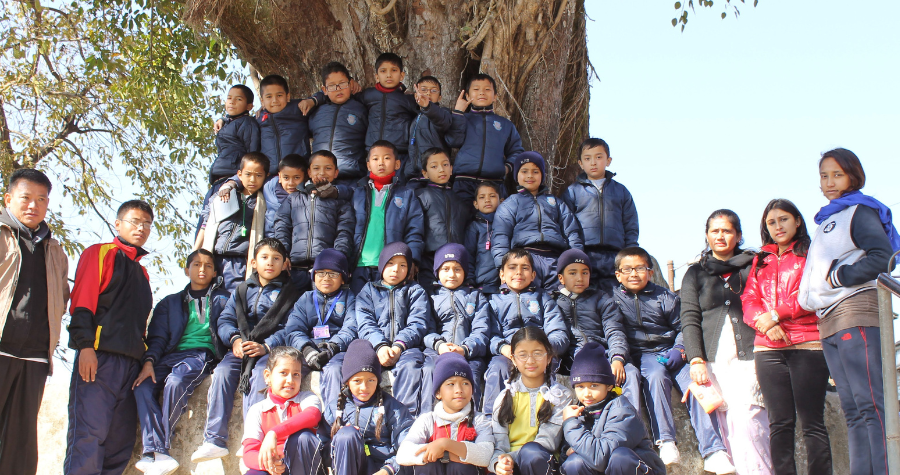Thamel, Kathmandu,Nepal.



Volunteering in Rural Nepal: The Best Way to Know Nepal Deeply

Introduction
Nepal—a country of soaring mountains, ancient temples, and deep spirituality—is a favorite among trekkers, climbers, and spiritual seekers. Yet, beyond the bustling cities of Kathmandu or the tourist hubs of Pokhara lies a deeper, more authentic Nepal—one that reveals itself in the rural villages scattered across hills and valleys. For those truly wishing to understand Nepal, volunteering in rural areas is not just rewarding; it’s transformative.
Why Rural Volunteering?
Volunteering in rural Nepal takes you beyond the postcard views of the Himalayas. It brings you closer to the heart of Nepali culture—its people, traditions, language, food, and challenges. While you give your time and energy to support local communities, you receive something far more enriching: a deep, personal connection with the country .
Unlike volunteering in major cities or touristic areas, rural placements often provide volunteers with:
- Authentic cultural experiences
- Close interactions with local families
- Insight into daily village life
- A real impact in under-resourced communities
Opportunities for Volunteering in Rural Nepal
There are several ways you can volunteer in Nepal’s countryside, depending on your skills, interests, and the needs of the community:
-
Teaching English and Basic Subjects
Many rural schools lack fluent English teachers or educational materials. Volunteers can teach children English, math, and science, helping improve their long-term opportunities.
-
Health and Hygiene Awareness
In partnership with health posts and local NGOs, volunteers can run workshops on personal hygiene, menstrual health, and nutrition — vital in areas with limited healthcare access.
-
Environmental Conservation
From reforestation projects to waste management awareness, rural Nepal needs environmental stewardship. Volunteers contribute to making villages more sustainable.
-
Agriculture and Organic Farming
Experience life on a traditional Nepali farm. Volunteers help plant, harvest, and learn traditional farming practices—a great way to understand Nepal’s agro-based economy.
-
Women’s Empowerment Programs
In some villages, volunteers support local women by teaching basic literacy, vocational skills, or digital literacy—helping them become more economically independent.
-
Construction and Renovation
After the 2015 earthquake, rebuilding continues in many villages. Volunteers help construct schools, toilets, and community buildings.
What You’ll Learn and Observe
Volunteering in rural Nepal is more than just work—it’s an immersive journey. Here’s what you can expect to observe and experience:
Authentic Nepali Lifestyle
Wake up to the sounds of roosters, eat meals cooked over wood fires, and participate in daily chores like fetching water or harvesting rice. Life in the village follows nature’s rhythm.
Deep Spiritual and Cultural Insights
You’ll witness local festivals, rituals, and Hindu-Buddhist customs practiced in their purest forms. You might even participate in a traditional puja or local wedding.
Language and Communication
While many people in cities speak English, rural areas primarily communicate in Nepali or even regional languages. Learning basic Nepali words and phrases will open more doors than you can imagine.

True Nepali Hospitality
Villagers are known for their generosity. Don’t be surprised if you’re invited to someone’s home for tea or a festival meal. These spontaneous interactions are often the most memorable.
Is It Safe to Volunteer in Nepal?
Yes, Nepal is considered one of the safest countries for travelers and volunteers. However, like anywhere else, certain precautions are necessary:
- Natural Hazards: Rural areas can be prone to landslides during monsoon season. Always follow local guidance and check weather forecasts.
- Health & Hygiene: Basic medical facilities may be limited. Bring essential medications, a first-aid kit, and be cautious with drinking water.
- Political Stability: Nepal is politically stable, but keep yourself updated with local news through your host organization.
- Travel Insurance: Always have comprehensive travel and health insurance that covers volunteer work.
- Cultural Sensitivity: Respect local customs, dress modestly, and ask before taking photos.
How to Start Volunteering in Nepal’s Rural Areas
There are many NGOs and volunteer organizations operating in Nepal. Look for those that are:
- Locally run and rooted in the community
- Transparent about fees and project impact
- Focused on sustainable development
- Registered with the government of Nepal
One such example is Hands for Help Nepal, a grassroots organization offering placements in remote villages. They coordinate meaningful projects with real impact and ensure cultural orientation and support. Hands for Help Nepal provides personalized volunteer experiences that allow individuals to contribute in areas such as education, environment, and health care.
Volunteers working with Hands for Help Nepal often describe their time as life-changing, thanks to the strong bonds formed with host families and local communities.
Final Thoughts
Volunteering in rural Nepal isn’t just an activity—it’s a life-changing experience. It’s about giving back while gaining a new perspective on simplicity, community, and resilience. You won’t just leave Nepal with memories; you’ll leave with friendships, wisdom, and a new way of seeing the world.
If you’re looking for more than just sightseeing—if you truly want to know Nepal deeply—then volunteering in its rural heartlands is the way to go.
Start your meaningful journey today. Nepal is waiting for you.
